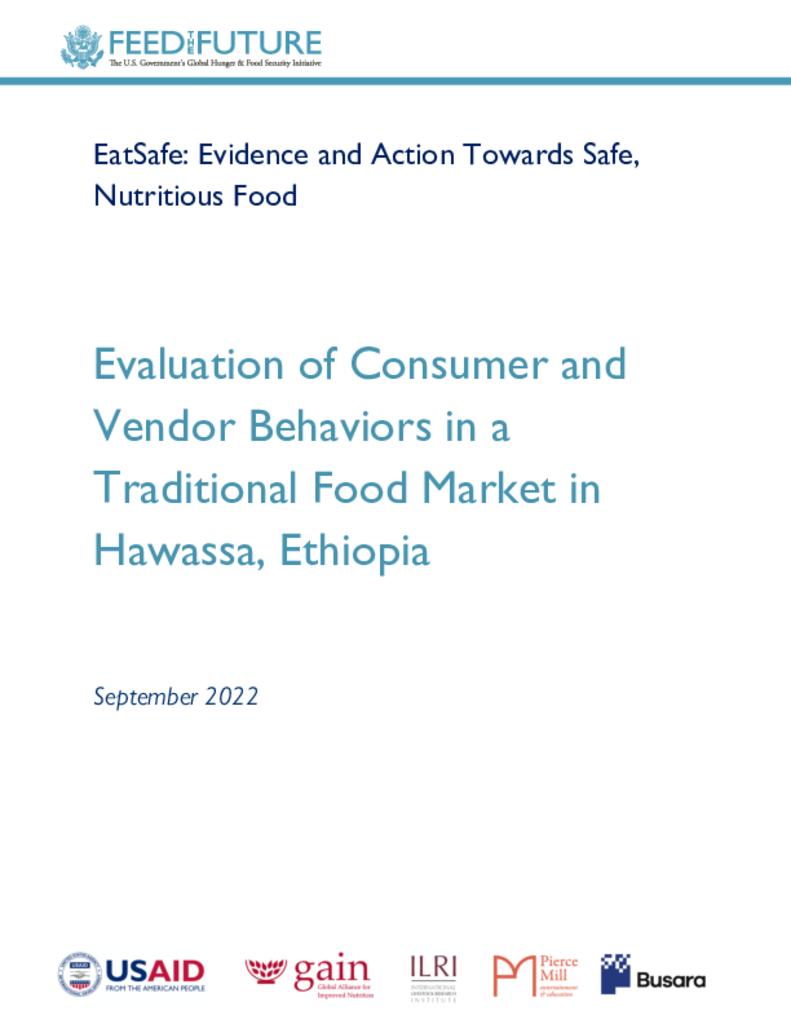To estimate consumer and vendors knowledge, attitude, and practices related to food safety, EatSafe in Ethiopia leveraged in-depth interviews and direct observations among 100 respondents (53 consumers and 47 vendors), finding that consumers tend to overestimate their ability to avoid foodborne illness (“overconfidence bias”), leading to relatively low perceived risk – associated with buying from less safe vendors. Consumers’ focus on clean stands was confirmed by a randomized experiment, in which 35 vendors were given a standard cleanliness kit (i.e., an apron, hand sanitizer, a broom, and a bag for food waste) to identify whether improved hygiene leads to consumer behavior change -- as measured by changes in sales over one week. The kit was associated with a 24% increase relative to average daily sales prior to the experiment, while control group sales decreased.
